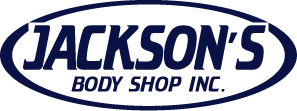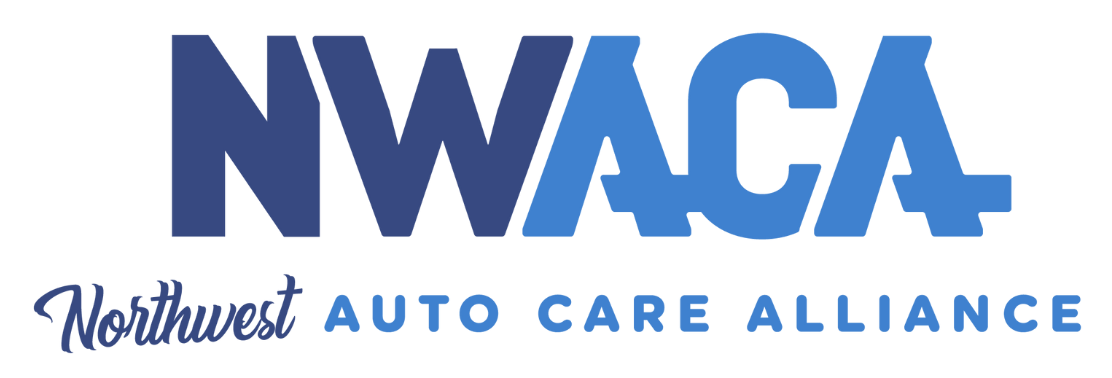Getting Your Vehicle Repaired… Whose Job Is It?
Getting your vehicle repaired involves more people and details than you may imagine. Below are the key roles each party plays in helping you get your vehicle back on the road. If you have any questions, don’t hesitate to ask – we’re here to help.
Our Job – The Repair Facility
1. Answer your questions and address your concerns.
2. Return your vehicle to you as quickly as we can while maintaining safety and quality.
3. Explain the repair process.
4. Explain that some repairs are complex and there are variables we cannot control, such as parts
availability, insurance response time to requests, what an insurance company will pay for, etc.
5. Ask you for copies of any insurance estimates you receive to avoid misunderstandings about what is
being paid for.
6. Explain our payment policies, including when payment is due.
7. Have the equipment and training necessary to properly repair your vehicle.
8. Provide a timeline for repair of your vehicle, and keep you informed of changes to that timeline.
9. Provide a written warranty.
10. Charge a fair price for our services, and provide you with an accurate final invoice. (ORS 746.292
Your Job – The Vehicle Owner
1. Report the claim to the insurance company, and file your DMV accident report (if applicable).
2. Review your policy and direct coverage questions to our agent or insurer.
3. Claim only damage directly related to the loss.
4. Take your vehicle to the repair facility of your choice. (ORS 746.280)
5. Keep scheduled appointments.
6. Ask if you have questions or concerns during the repair process.
7. Pay your deductible to the repair facility when one applies.
8. If you’re happy, please tell others; if you’re not, please tell us.
Their Job – The Insurance Company
1. Process your claim in a timely fashion.
2. Inform you of your right to choose a repair facility, and not require you to do business with any particular
repair facility. (ORS 746.290)
3. Follow the policy issued to you (when your insurance company is paying the claim) regarding use of
non-OEM parts, depreciation of worn parts, rental vehicle coverage, pre-loss condition, etc.
4. Respond quickly to requests from you and the repair facility.
5. Answer questions regarding rental vehicle replacement policies.
6. Ensure that payment for repairs has been arranged by the time the vehicle repair is completed.
NATA is committed to educating its membership and the public about their individual roles in getting vehicles repaired. This notice is not intended to be legal or insurance advice and is written for use in the states of Oregon and Washington. Please contact your insurance carrier or agent for policy-specific information. © 2005 NATA
Call on us today. Smart and inventive collision repair.













